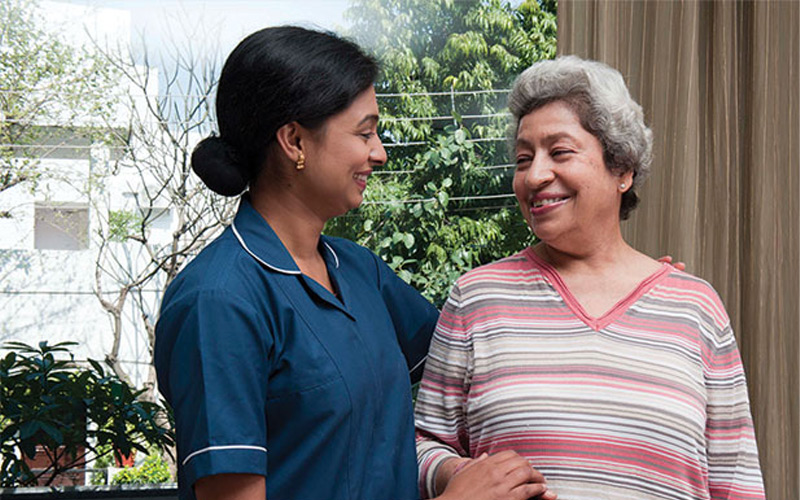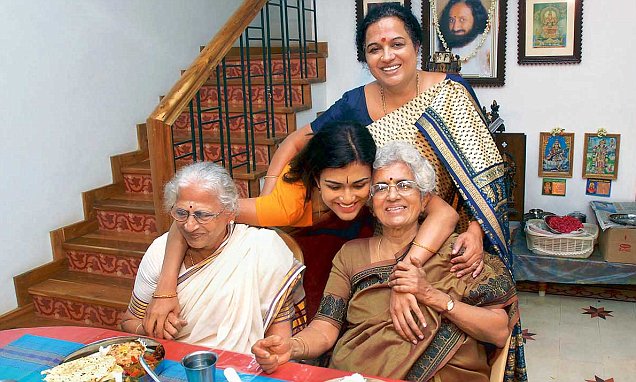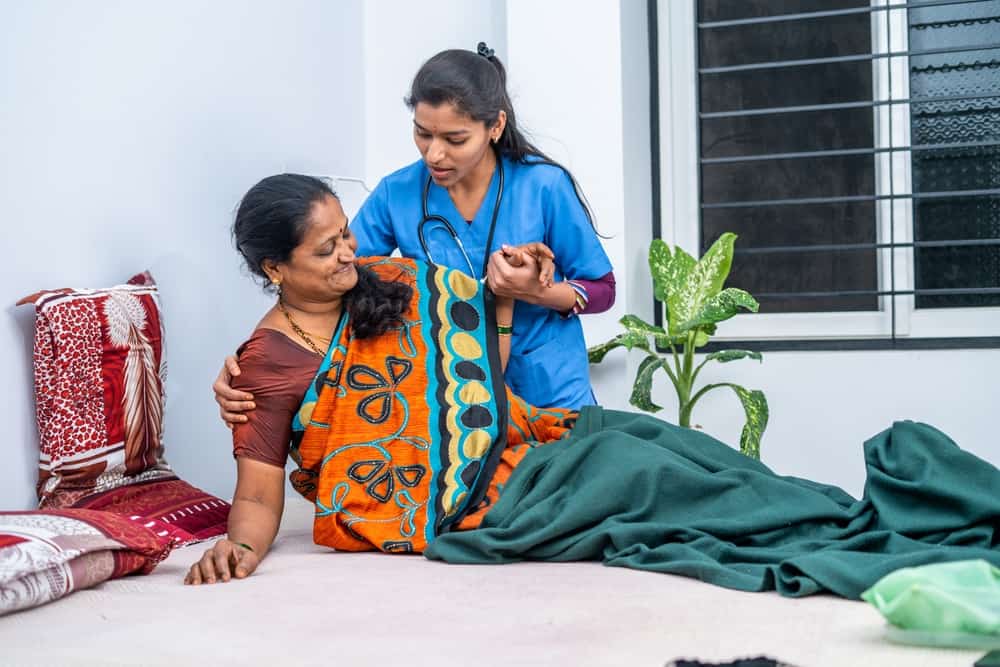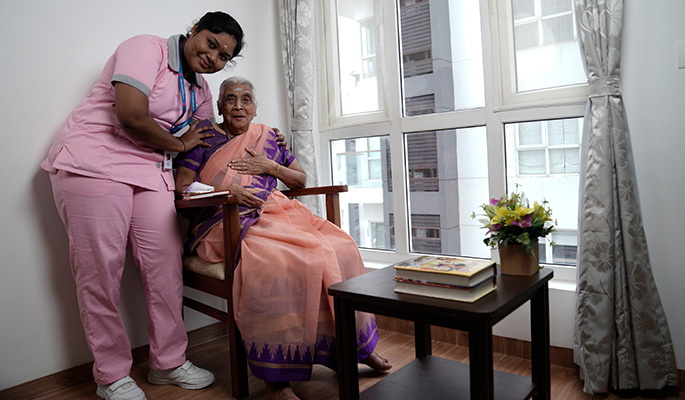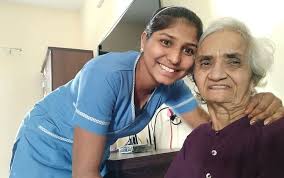Enhancing Recovery: Postoperative Care at Home in Bangladesh
Postoperative care is a critical aspect of the healing journey for individuals undergoing surgical procedures. In Bangladesh, ensuring proper postoperative care at home is paramount for a smooth recovery process. This phase involves a combination of medical guidance, self-care practices, and support from caregivers to promote healing and prevent complications.
Upon discharge from the hospital, patients in Bangladesh are often provided with detailed instructions tailored to their specific procedure and condition. These instructions typically cover wound care, medication management, dietary guidelines, activity restrictions, and warning signs of potential complications. Following these guidelines diligently is essential for a successful recovery.
Wound care is a fundamental aspect of postoperative care. Patients and their caregivers must learn how to clean the wound, change dressings, and recognize signs of infection. Proper hygiene practices can significantly reduce the risk of complications such as infections, which can derail the recovery process.
Medication management is another crucial component. Patients need to understand their prescribed medications, including dosage, frequency, and potential side effects. In Bangladesh, access to medications may vary depending on factors such as affordability and availability. Healthcare providers play a vital role in ensuring that patients can access the necessary medications for their recovery.
Nutrition also plays a vital role in the healing process. Patients should follow dietary recommendations provided by their healthcare providers, which may include consuming nutrient-rich foods to support healing and avoiding certain foods or beverages that could interfere with recovery.
Balancing rest and activity is important during the recovery period. While rest is essential for healing, too much inactivity can lead to complications such as blood clots or muscle weakness. Patients should gradually increase their activity levels as tolerated, following guidance from their healthcare team.
Family members or caregivers often play a crucial role in supporting patients during their recovery at home. Their assistance with tasks such as meal preparation, household chores, and emotional support can greatly contribute to the patient’s well-being.
In conclusion, effective postoperative care at home is vital for promoting recovery and preventing complications in Bangladesh. By following medical guidance, practicing self-care, and receiving support from caregivers, patients can navigate the postoperative period with confidence and achieve optimal outcomes.

